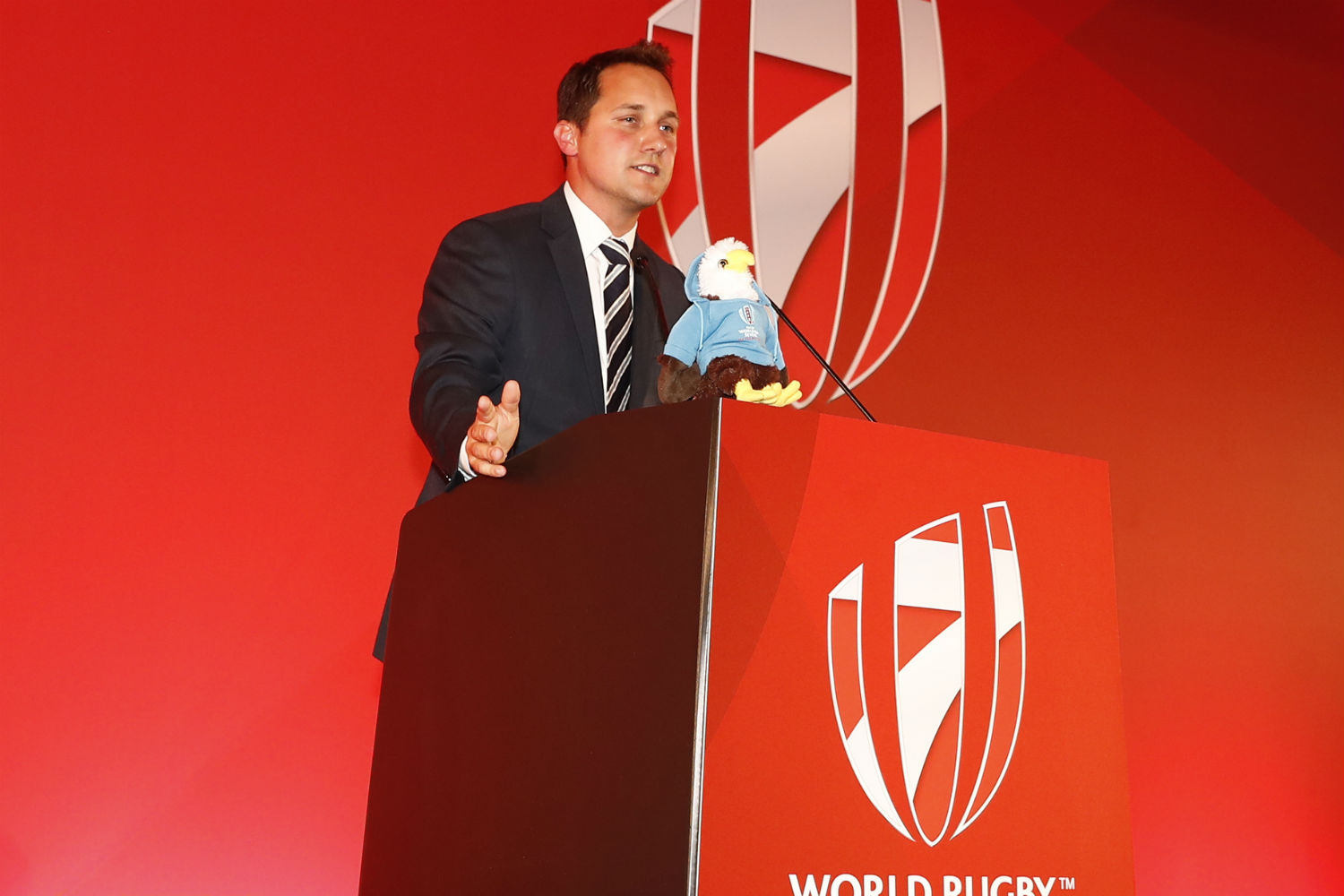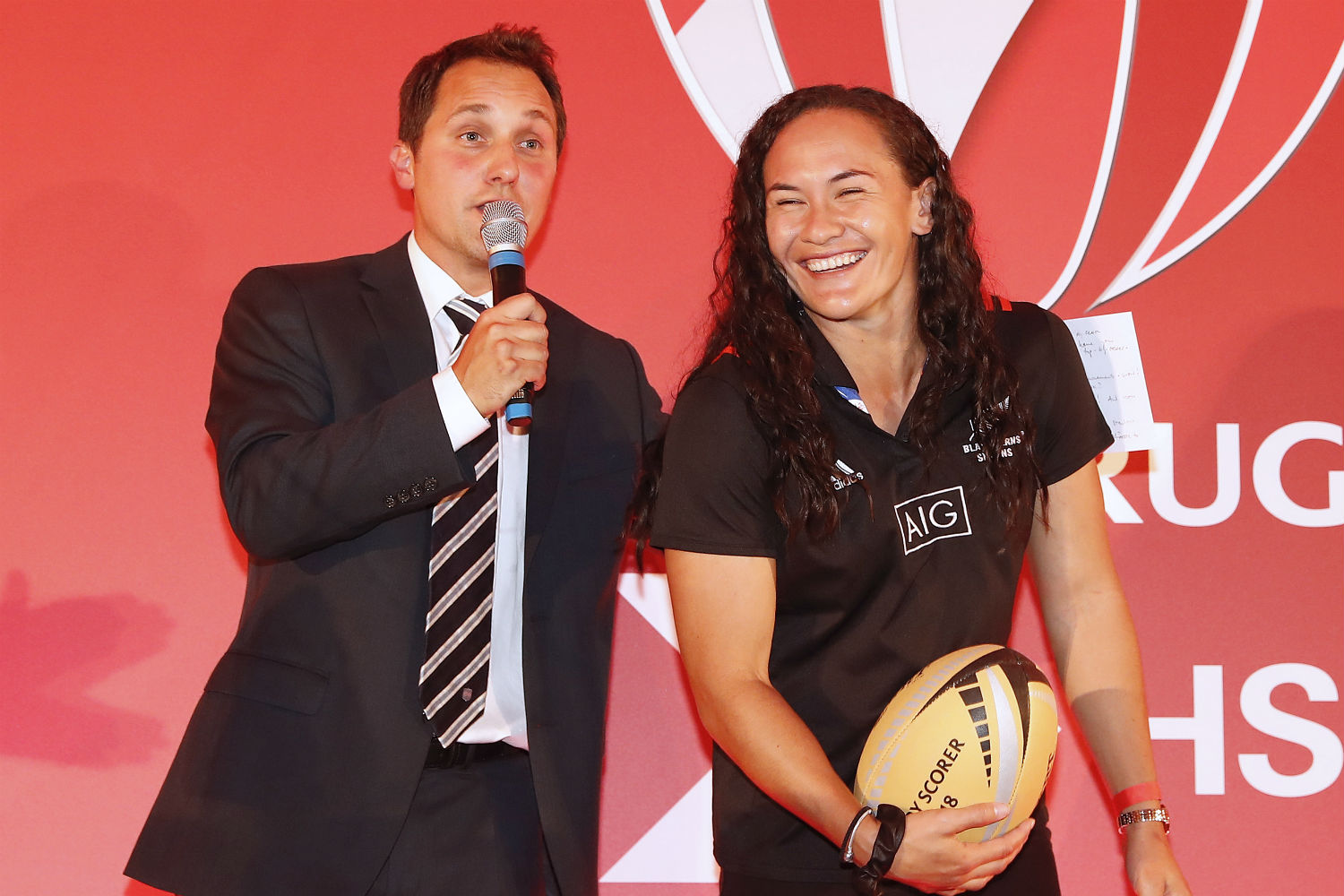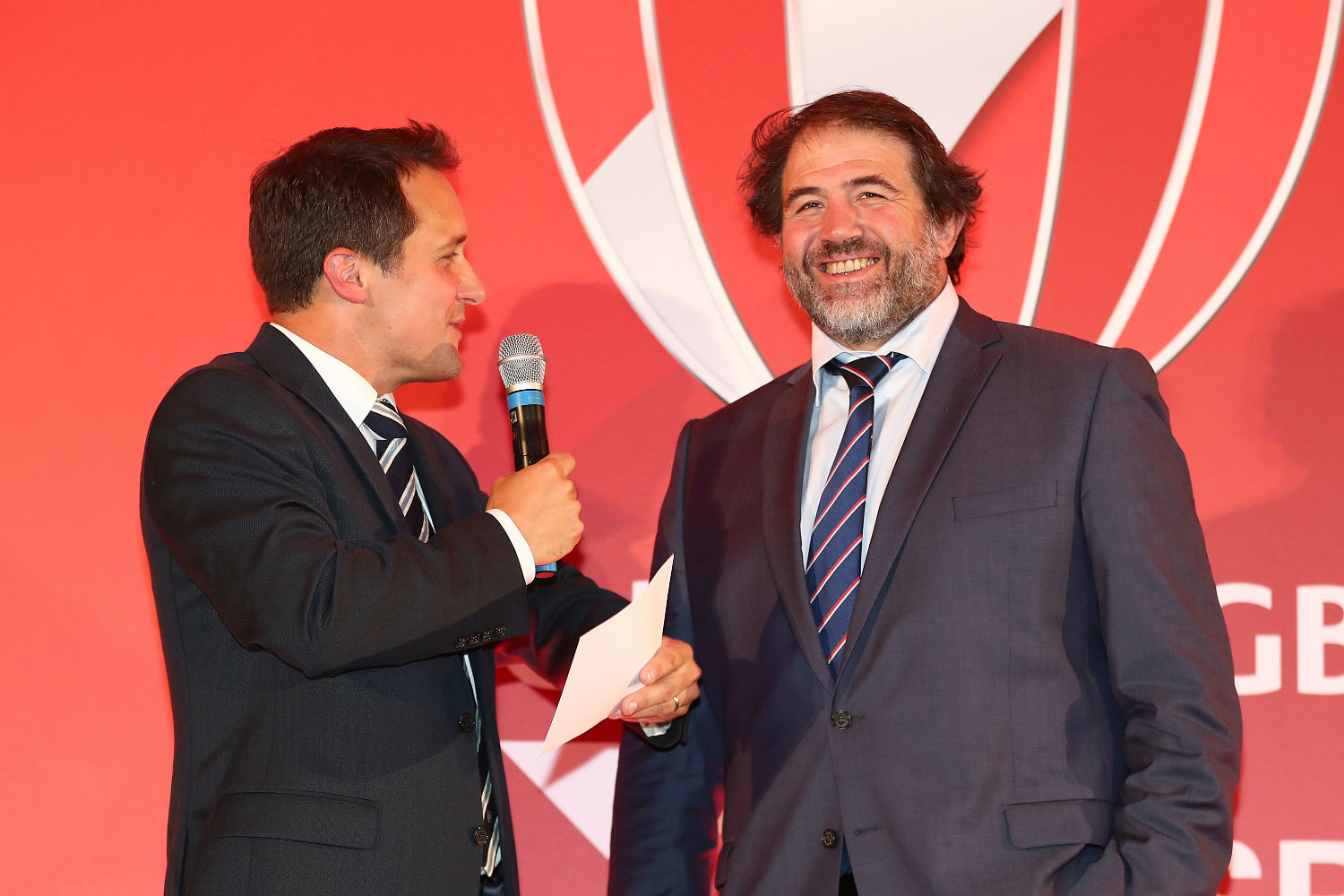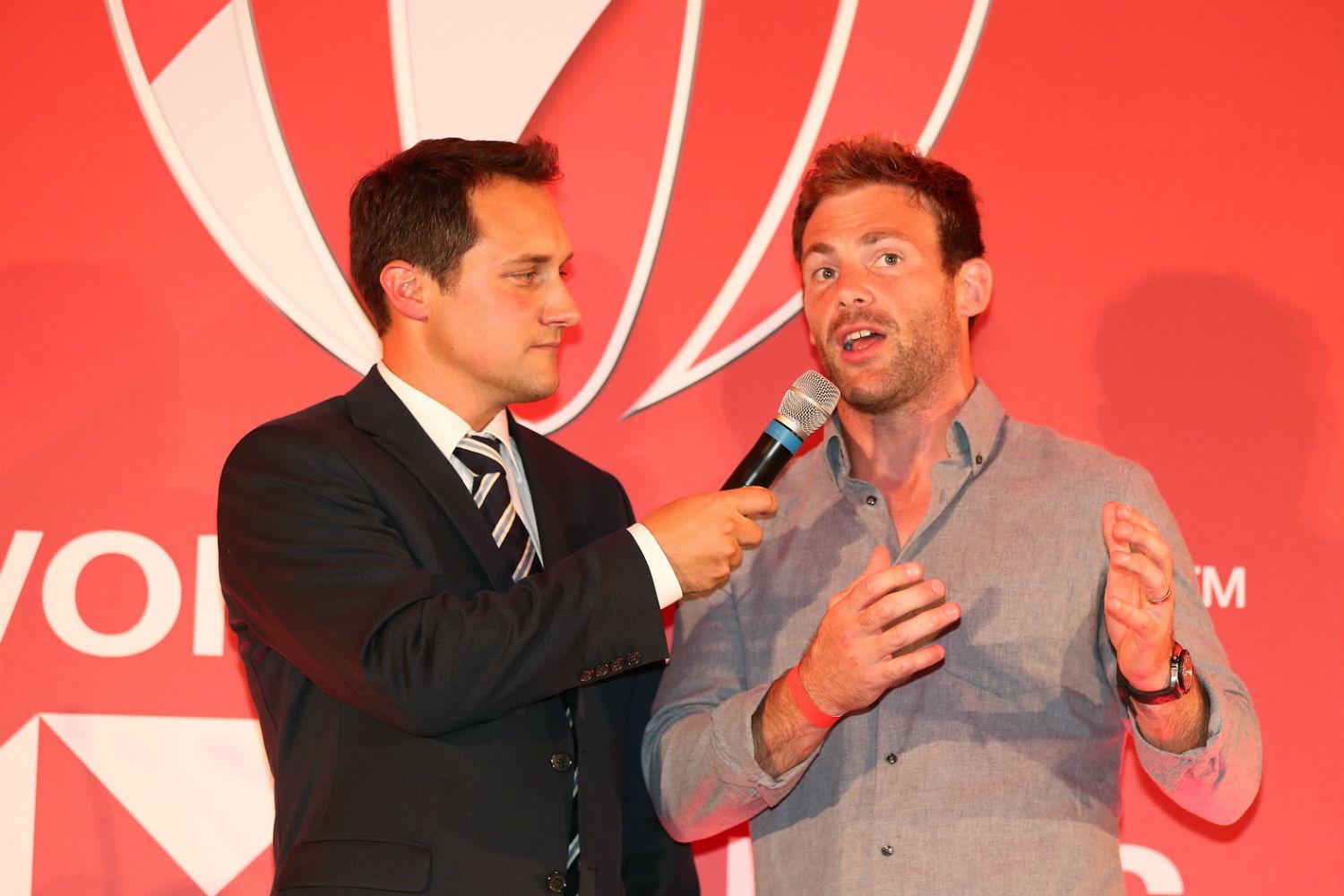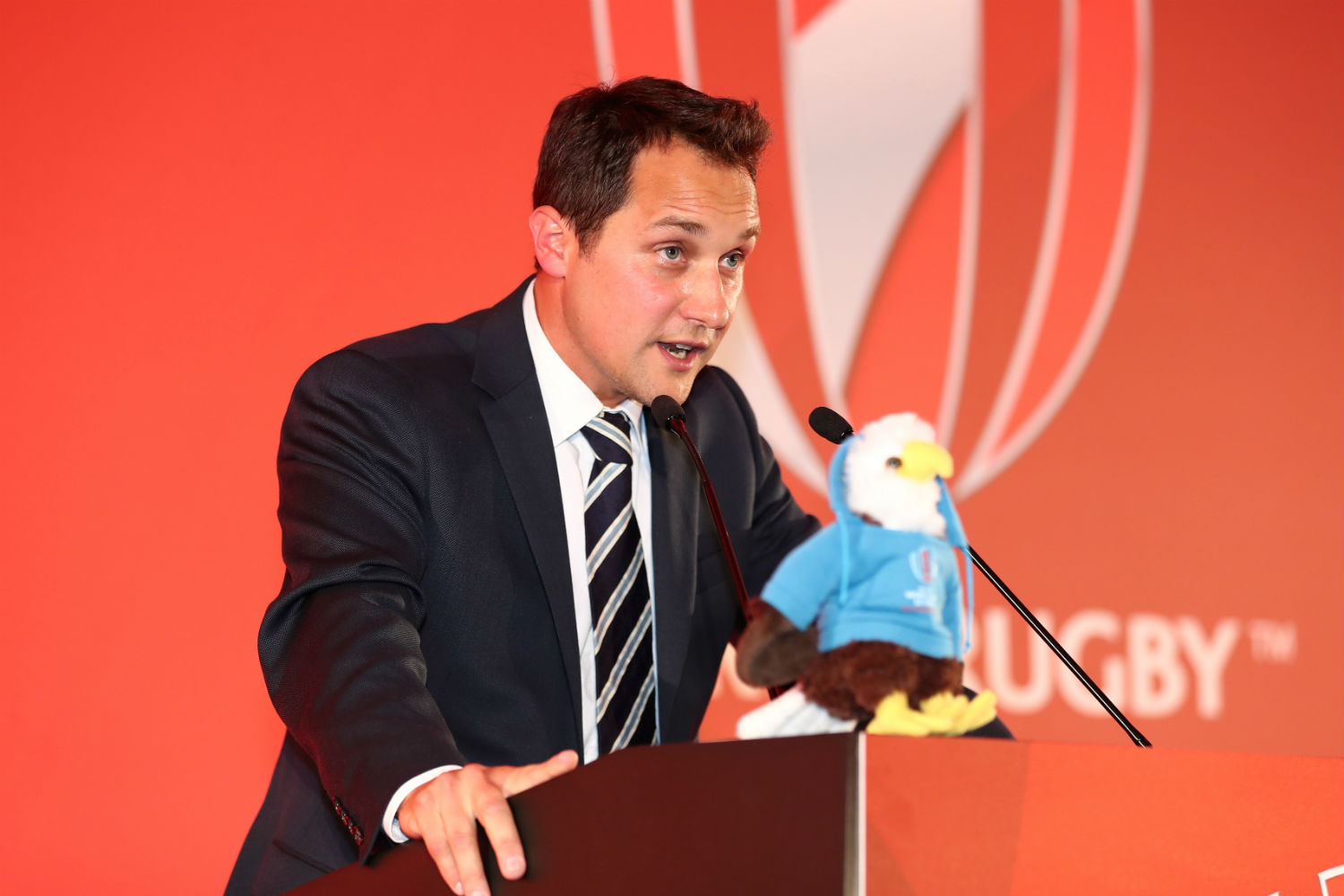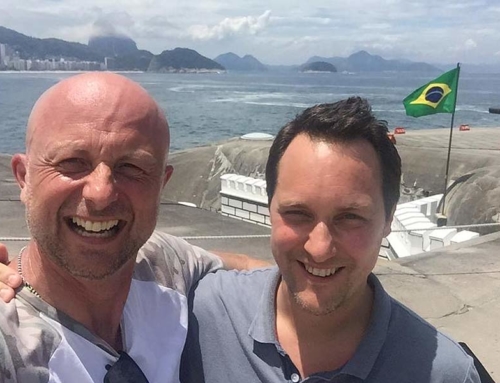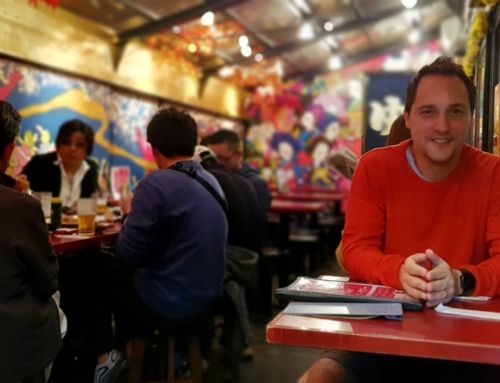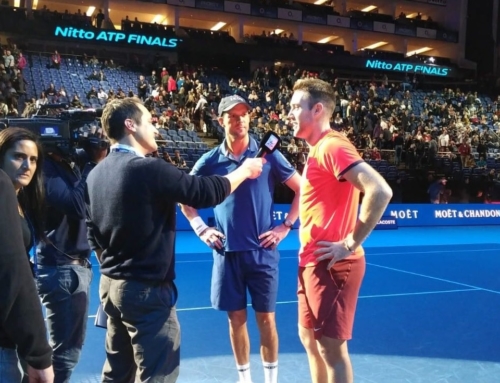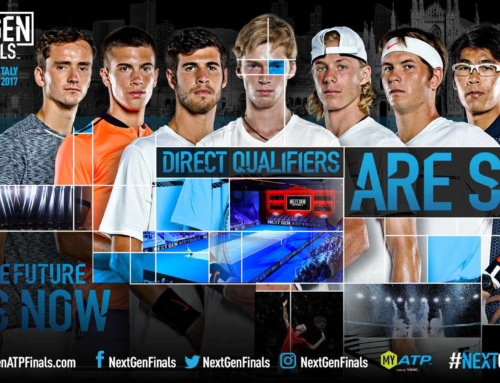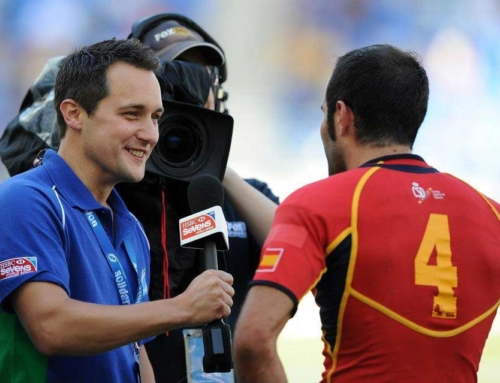After seven months of competition, the HSBC World Rugby Sevens Series reached its climax in Paris at the weekend for both men and women and I was delighted to be asked to host the season-ending awards.
It was the first time that the men and women in the sport’s Olympic version had finished in the same place at the same time so there were over 500 there on the night and it made for a great occasion, with the promise of more to come at the Rugby World Cup Sevens in San Francisco in July.
Fastest rugby player in the world
The awards started by anointing the season’s top try-scorers and this year a certain Carlin Isles topped the men’s charts with 49. I remember interviewing Isles for live TV back in 2012 after his very first match for the USA. He’d only been playing rugby for seven weeks and was like a rabbit in the headlights, but with a 100-metre PB of 10.13 seconds he was the fastest player in the world. Fast-forward six years and, while he still holds that title, his coach Mike Friday has also turned him into a rugby player.
On the women’s side, the top try scorer was another Olympian, Portia Woodman whose 43 tries came in just five rounds played. With more flux between 15s and Sevens in the women’s game, Woodman is among the very best female rugby players anywhere in the world, perhaps even the finest, and it came as no surprise that at the end of the night she also made the women’s HSBC Dream Team.
Commercial muscle
The Dream Team is a neat idea that came about when the late, great Beth Coalter was still in charge of the series and HSBC were the new title – and sole – sponsor. These days there are many more and it’s great to see the various partners – HSBC, DHL, Tag Heuer, Cap Gemini and Gilbert – getting involved.
It speaks volumes for the sport and the series that such massive brands are willing to invest. I guess the big question facing rugby sevens, like many other sports, is how to crack the broadcast market. How many channels, and fans, have time for 16 hours of live rugby over two days? As a fan I’d love to see a two or three-hour package finishing with the final knock-out rounds, live! Let’s wait and see, but as an Olympic sport the future of rugby sevens looks pretty good.

